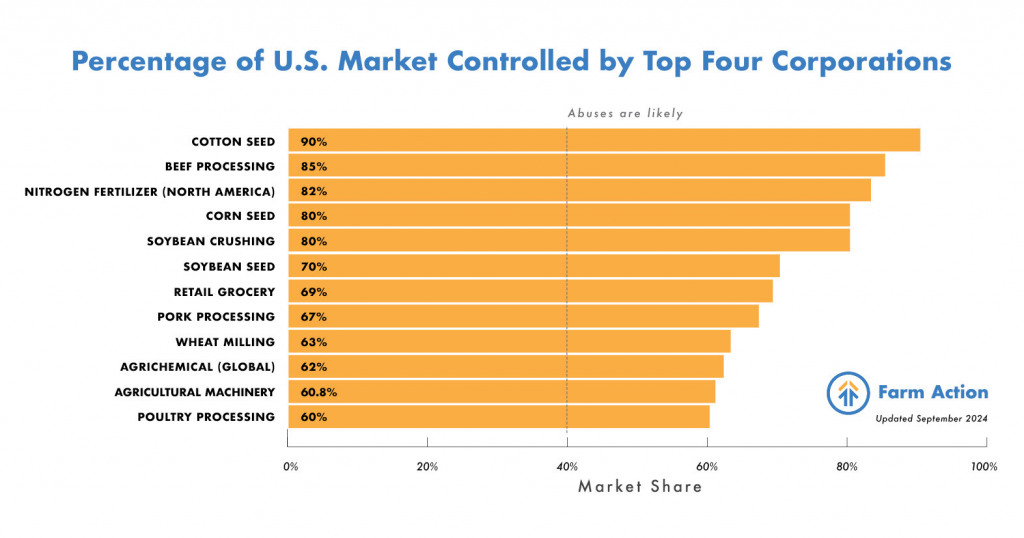IN YOUR DREAMS
The Norfolk Southern freight railroad company came under intense public pressure after their disastrous 38-car derailment in East Palestine, Ohio, in February 2023, but nonetheless, everything was working out pretty well for the company and its CEO, Alan Shaw. No massive fines were issued, no overhaul of safety regulations threatened the way they do business, and Shaw himself even got a 37% raise for his trouble.
So, after we all saw the lack of consequences on company leadership for a year and a half, it was startling to hear last week that the CEO has now been fired. What could he have done that was worse than presiding over an environmental and human disaster of this magnitude? Did he sell human organs maybe? Fund a terrorist cell perhaps? Conceal photographic evidence of Big Foot? Nope — the offense that lost him his job was… having a consensual affair with a subordinate. And yes, that kind of thing is unethical, serious, and should come with consequences, especially when you’re the CEO. And nobody should shed a tear over this guy being out of work. But what does it say about our system of corporate accountability that this is the most consequential of his actions?
Make it make sense.


are currently on strike against Boeing after rejecting the company’s contract offer by 94%. Pay rates have stagnated to the point that starting wages for new hires are little more than Seattle’s minimum wage.

that went unclaimed in two Texas counties were sold for medical research and training purposes without consent. All of these people were poor, many of them died without homes, and none of their families agreed to the sale of their bodies.

will be coming soon to the paychecks of Amazon delivery drivers. The raises come in the midst of a major push by the Teamsters to organize these workers into unions.

Elevated food prices have been stressing family budgets for years, and the fight against price-gouging has become a key issue in the presidential campaign. But one question has remained largely unaddressed in the public debate: how have companies been able to get away with raising prices to such an extent without competitors stepping in to take market share with lower prices?
The unfortunate answer: in a lot of these markets, there aren’t any competitors left. As shown in the chart below from a recent Farm Action report, “around three dozen corporations now dictate the lines of development and terms of trade for almost every industry involved in the growing, processing, and distribution of food in America.”


Optimism about the our economic future is fading to the point that only 27% of people in a recent poll agreed that “the American dream holds true,” Bhaskar Sunkara points out in a new Guardian op-ed — half the level measured when we were just emerging from the Great Recession. There’s also a significant education-related divide on the question: Americans with postgraduate degrees are twice as likely to believe in the American dream as compared to people without four-year degrees.
You may wonder if the fact that people are increasingly giving up on this foundational American myth is good news for getting more people to agree on the necessity of rebuilding the economy from the bottom up and middle out. But in fact, growing pessimism and cynicism tends rather to make people feel like they’re battling each other in a zero-sum game. We need an optimistic vision to motivate people to come together for a better future, and rebuilding solid ground for such optimism is a critical task ahead. As Sunkara writes, “We can’t pretend like things are going great in our country. But we also must reject the pessimism that says things must stay like this.”
What did you think? Choose a reaction:
Civic Action
119 1st Avenue South Suite 320
Seattle, WA 98014
United States









